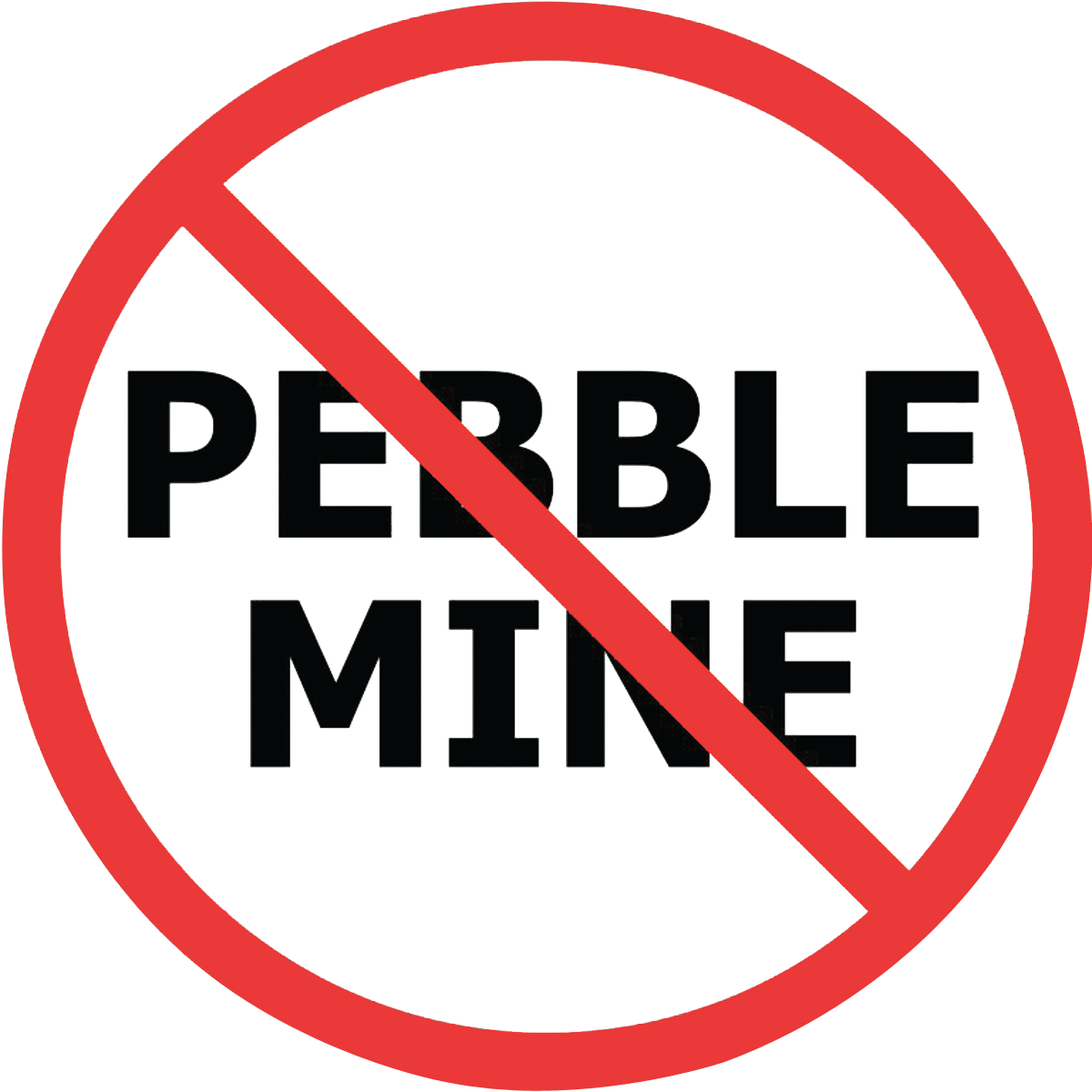Contact:
Alannah Hurley, United Tribes of Bristol Bay, (907) 843-1633 or girlasue@gmail.com
Dave Chambers, Center for Science in Public Participation, (406-585-9854) or email dchambers@csp2.org
November 3, 2016
FOR IMMEDIATE RELEASE:
Independent review finds on-going contamination from Pebble exploration
Report finds continuing environmental problems and insufficient reclamation at Pebble’s exploration well sites in Bristol Bay.
DILLINGHAM, AK – Today, an independent scientific report commissioned by the United Tribes of Bristol Bay revealed the company behind the proposed Pebble Mine has failed to properly close and reclaim past drill wells located at the headwaters of Bristol Bay. Scientists found acidic soils with high metal concentrations, leaking wells, dead vegetation, and improper drill casing closures at inspected drill sites; all causes of concern for safety and water quality in Bristol Bay.
“Allowing drill waste to be placed directly on the tundra, where it is exposed to oxygen and water, has led to acid generation in the waste. The Alaska Department of Natural Resources (“DNR”) has been complacent in allowing drill waste to be placed directly on the ground at Pebble, and other sulfide-deposit exploration sites,” said Dave Chambers, co-author of the report and president of the Center for Science in Public Participation (“CSP2”).
CSP2’s findings point to the clear need for more stringent requirements in DNR’s permitting at the Pebble deposit.
“At a minimum, we need to see improved monitoring and a complete inventory of all problem sites so we know the scope of the contaminants left by Pebble on our public lands. We also need a full reclamation program so we can deal with the issues safely and completely” said Alannah Hurley, Executive Director of United Tribes of Bristol Bay. One particular safely concern is the presence of drill casings which have not been cut below ground level, as required by law. “Once the area is snowed in, these 2 to 3 foot steel pipes will be lurking right below the snow line. This area is heavily used in the winter by subsistence hunters on snowmachines. It is only a matter of time before someone is seriously injured.”
At stake is the Pebble’s Miscellaneous Land Use Permits (MLUP), which would allow it to continue storing equipment and exploring on Bristol Bay public land. The company filed for new MLUP permits this week, triggering a 30-day public comment period, which ends November 30.
“The fact that DNR is on the cusp of renewing a permit after Pebble has repeatedly failed to live up to its existing permit requirements is highly concerning to those of us who will be most impacted by the mess they’ve left in Bristol Bay. Pebble has broken rules and promises in Bristol Bay for over a decade. Without oversight, they will be free to continue with business as usual.” said Hurley. “DNR needs to stop rubberstamping Pebble’s MLUP permits and instead require Pebble to clean up the mess it left behind before taxpayers are stuck with the cleanup bill.”
###
The United Tribes of Bristol Bay (UTBB) is a tribal consortium representing 14 tribes working to protect the Yup’ik, Denai’na, and Alutiq way of life in Bristol Bay.
For full summary of report: .csp2-pebble-inspection-summary-report-dmc-3nov16
